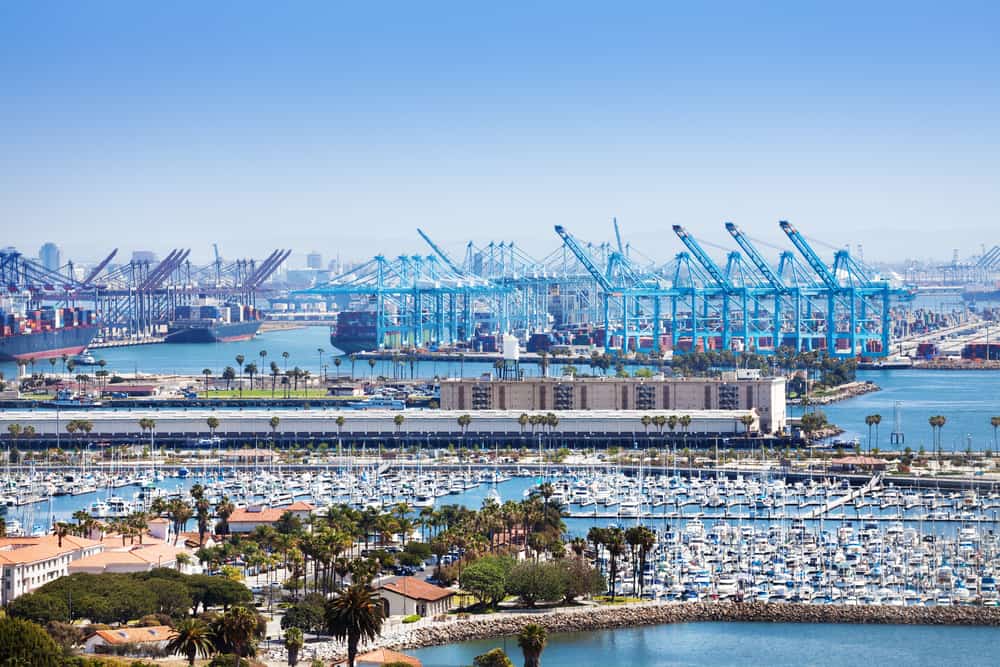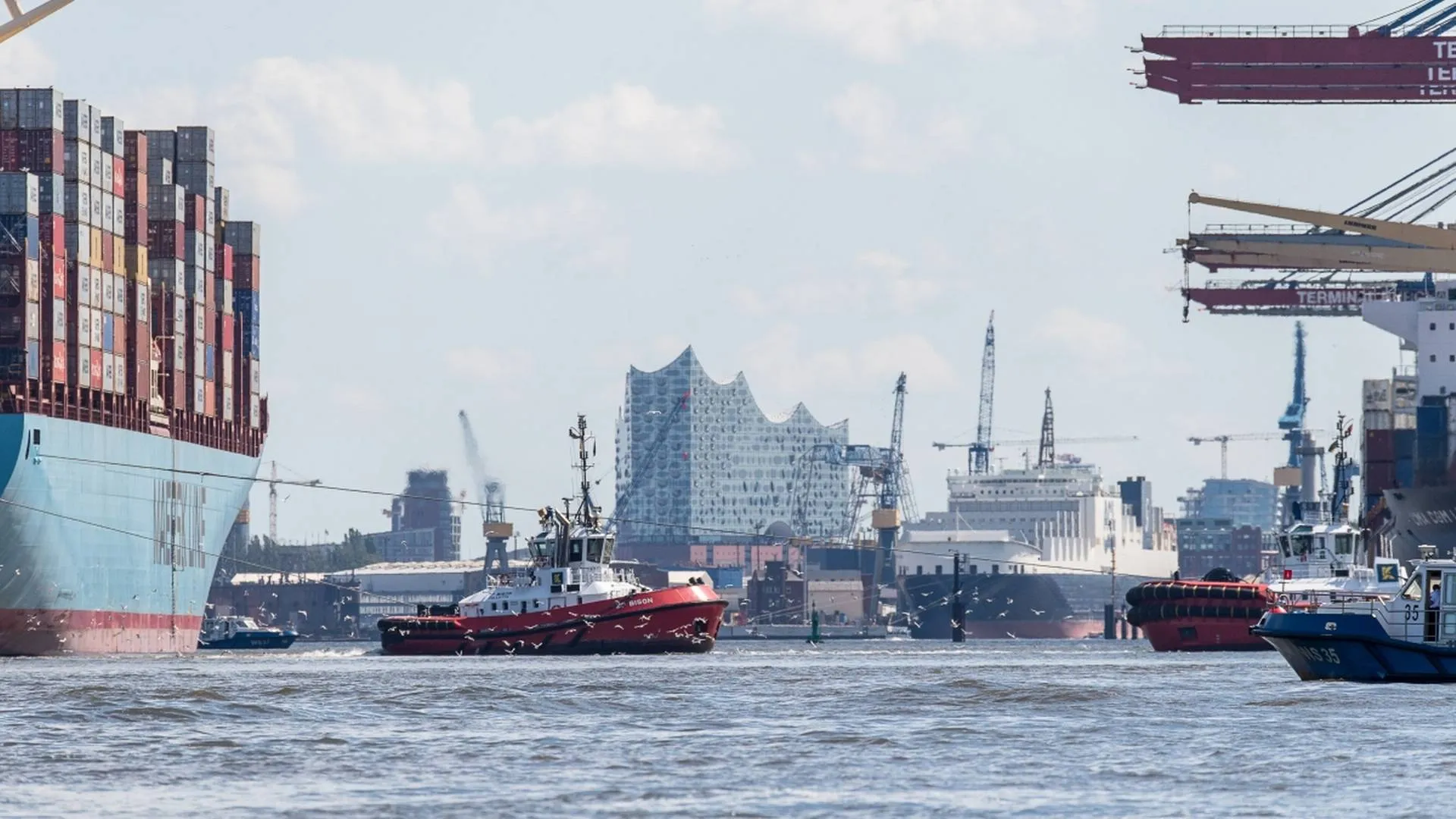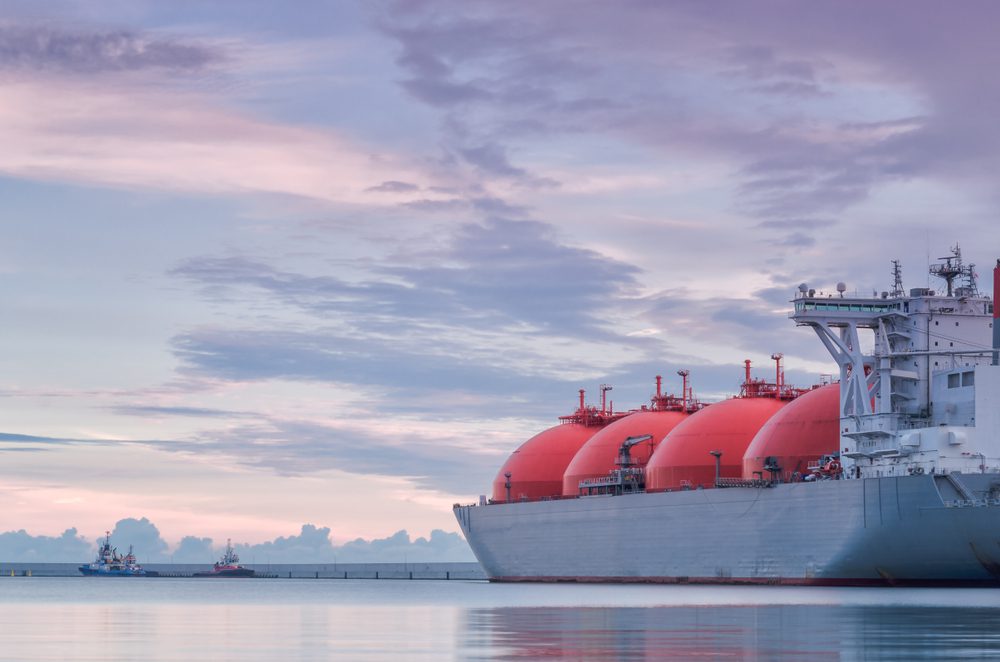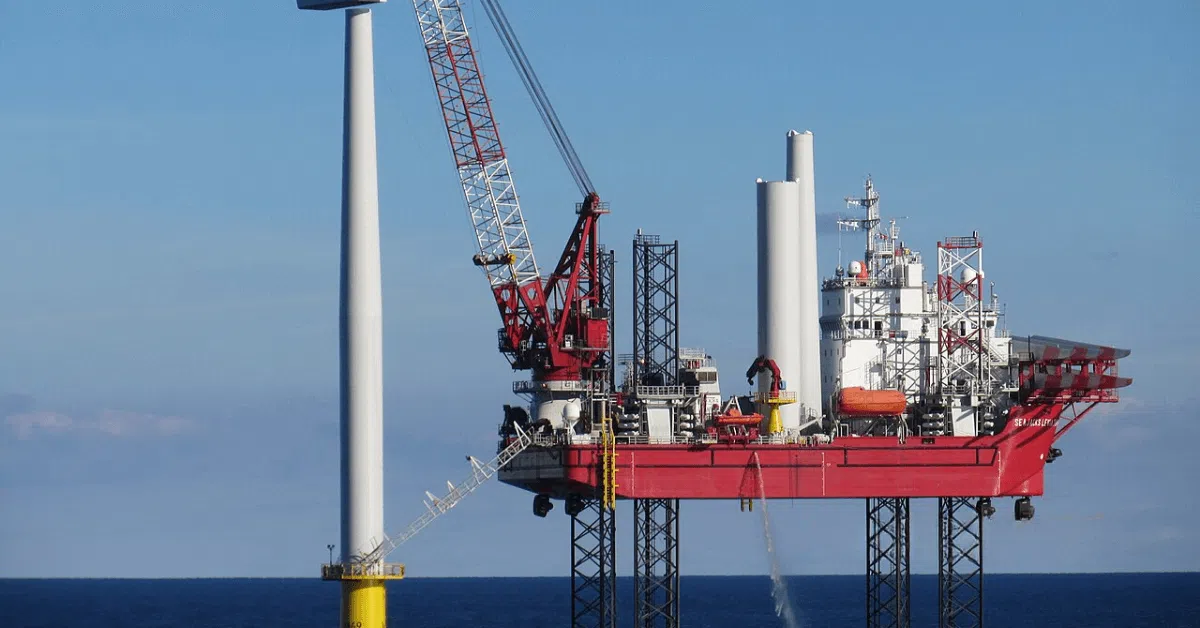Maritime industry leaders underscored the immediate and critical role of biofuels in the shipping sector’s decarbonisation journey during a panel discussion at the Marine Fuels 360 conference in Singapore on Tuesday (7 October).
The session was moderated by Captain Rahul Choudhuri, President Strategic Partnerships,VPS who asked the group about the emerging role of biofuels.
Jesper Sørensen,Global Head of Alternative Fuels & Carbon Markets,KPIOceanConnect
Sørensen highlighted the proven track record of biofuels while noting of its long-term demand.
“In our experience, we’re dealing with top quality fuels. We have seen little to no problems at all,” he stated, referencing over 600 successful supplies across 93 ports.
He noted Singapore, which is projected to handle approximately 2 million metric tonnes (mt) of biofuel bunker deliveries by year-end, is rapidly ascending to become the world’s largest biofuel bunkering port.
This growth, he explained, is supported by a shift from spot-based to term-based biofuel bunker contracts, indicating major players are securing long-term demand.
Captain Raghav Gulati,Head of Safety and Technical Operations,Anglo American
Representing a major charterer, Captain Gulati articulated the buyer’s perspective for biofuel bunkers from the bunker carrier sector.
He acknowledged the “uncertain regulatory environment” but stressed that biofuels and liquefied natural gas (LNG) offer “a momentum to fuels which are good in the absence of perfect”.
Captain Gulati views biofuels as a vital “transitional fuel” for existing conventional fleets, helping navigate regulatory burdens and avoid penalties.
For Anglo American, the decision to use biofuels balances cost with critical factors such as reliability and quality, given the significant commercial and reputational risks of fuel failure at sea.
Chris Chatterton, Maritime Advisor,Global Centre for Green Fuels (GCGF)
While current Fatty Acid Methyl Ester (FAME) based biofuels are crucial, the panel also looked ahead.
Chatterton championed bioethanol as a promising future green marine fuel.
He noted its inclusion in the IGF code (International Code of Safety for Ships using Gases or other Low-flashpoint Fuels) alongside methanol and its compatibility with new methanol dual-fuel engines, calling it “probably the most scalable, sustainable, and if I could say socially inclusive of the biofuels”.
He highlighted ethanol’s large-scale global production and competitive energy density, suggesting it could even lead to tri-fuel engines.
“There are not enough of the currently available biofuels to achieve net-zero emissions, which is why it is necessary to bring more fuel types, such as bioethanol, into the market.”
Summarising his observations of the panel, Captain Choudhuri noted the growth of global biofuel bunkering operations has been rapid over last five years, with Singapore taking the lead as the largest biofuels marine refuelling port in 2025.
“Whereas more than 100 ports now offer biofuels, Singapore’s advantage can be linked to the new Biofuels Standard TR140 as it offers optimal quality control and sound operational guidance,” he believed.
“What was clear in our panel of experts was that biofuels are here to stay as it not only offers an easy path to meet the IMO Net-zero Framework for the next 20 years but is also the right thing to do from a sustainability point of view.
“So, the better prepared the industry is in its use quickly the better it will be for industry players.”
Meanwhile, Captain Choudhuri stated the role of ethanol as a biofuels source for shipping deserves merit given its long-term use and success in the automotive industry. This will also mean better understanding of why first-generation biofuels makes sense, especially for developing economies.
“However, a sticking point remains as although the latest fuel quality standard ISO 8217:2024 covers biofuels – no one is using this standard,” he highlighted.
“This means the industry will need to put their own quality controls in place for biofuels usage. Just because existing biofuels have not incurred shipboard use problems in general, this does not mean it will not happen as more volumes and more blends increase.
“Effective fuel management with new green fuels like biofuels remainsimportant.”




